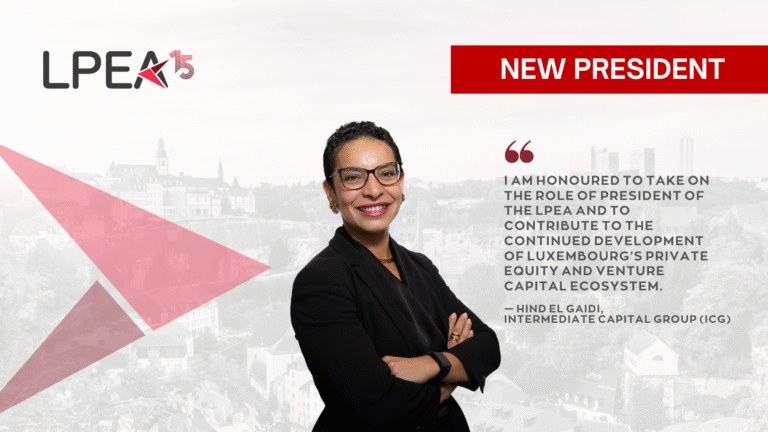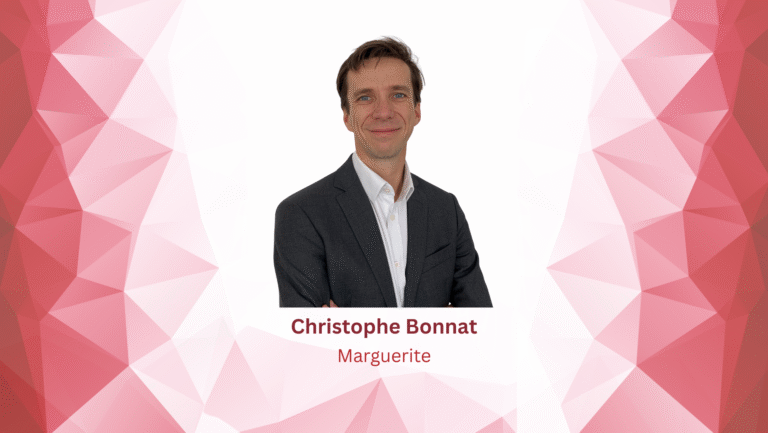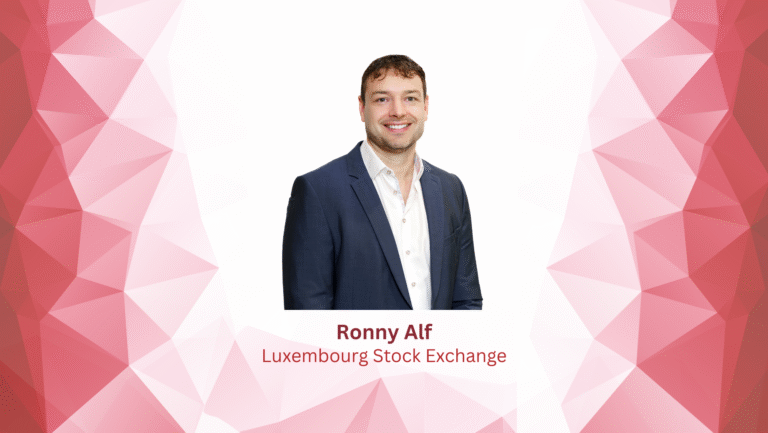On 14 May 2020, the Advocate General of the Court of Justice of the European Union (the “Court”), Mrs. Kokott, delivered her opinion on case C-42/19. This allows us to take a closer look at the right of holding companies to deduct input VAT and, in particular, regarding the costs of aborted deals. The Court’s decision is expected to be rendered by the end of 2020.
In broad terms, this case refers to an “active” holding company that manages and provides strategic coordination to companies operating in the telecommunications, media, software and systems integration markets.
Intending to invest in a new business segment, the holding company acquired consultancy services relating to market studies to potentially acquire shares in a telecommunications provider. Also, the holding company paid a taxable commission to a bank that helped put together and guarantee the placement of a private issuance of bonds. The VAT at stake was around €1 million. However, while the fundraising via the bond issuance was successful, the share acquisition was not completed and the holding company made the capital obtained available by issuing the bonds to the group’s parent company via a loan.
The questions referred to the Court focused on whether the holding company should be entitled to deduct the input VAT incurred concerning both the consultancy services (question 1) and the commission for organizing and putting together a bond loan that was ultimately transferred to the parent company of the group (question 2) taking into consideration that the acquisition of shares had not been completed.
Before moving on to the Advocate General’s conclusions on case C-42/19, it is worth revisiting some of the recent decisions and relevant criteria of the Court regarding input VAT deduction in cases where the acquisition and sale of shares were not ultimately completed.
It is also worth reminding that, according to a long-standing jurisprudence, the Court makes a clear distinction between “passive” and “active” holding companies. Passive holding companies, except their shareholder rights, limit themselves to holding shares in other companies without intervening or involving themselves in their management—and, as a result, do not have any input VAT deduction right. In comparison, “active” holding companies specifically involve themselves usually through providing management services—and, as a result of this involvement and as long as the activities characterizing the involvement are taxable, they can, at least partially, be entitled to an input VAT deduction.
Ryanair and C&D Foods cases—the “exclusive reason” criteria
In the Ryanair[1] case, the company claimed full deduction of the VAT incurred on costs regarding the aborted acquisition of shares in Aer Lingus, because it had intended to provide taxable management services to Aer Lingus in the event of the successful acquisition of the shares, which never occurred.
In this respect, the Court ruled that “a company, (…), which intends to acquire all the shares of another company in order to pursue an economic activity consisting in the provision of management services (…)” subject to VAT has “(…) the right to deduct, in full, input VAT paid on expenditure relating to consultancy services provided in the context of a takeover bid, even if ultimately that economic activity was not carried out, provided that the exclusive reason for that expenditure is to be found in the intended economic activity”.
However, in the C&D Foods [2]case, the Court used the same “exclusive reason” criteria to deny the input VAT deduction right. In this case, the VAT related to expenditure incurred in the context of a transaction for the disposal of shares in a sub-subsidiary to which the company provided taxable management services, when it was envisaged that the proceeds of the sale would be allocated to the settlement of debts owed to the owner of C&D Foods.
It was concluded by the Court that “such a sale cannot be deemed to be either a transaction for which the direct and exclusive reason is the taxable economic activity of C&D Foods, or a transaction constituting the direct, permanent and necessary extension of the taxable economic activity of that company. In those circumstances, that sale does not constitute a transaction consisting in obtaining income on a continuing basis from activities which go beyond the compass of the simple sale of shares and, accordingly, it does not come within the scope of VAT”.
The application of the “exclusive reason” criteria[3] is far from straightforward and, therefore, several questions can be raised regarding the extent of its application; namely, when the sale of shares can open the right to recover VAT when the buyer is established outside the European Union and the exclusive reason for the sale can be found in the holding company’s economic activity.
Opinion of the Advocate General on case C-42/19
One would expect that the Advocate General’s opinion in response to the first question—whether the holding company should be entitled to deduct the input VAT incurred concerning the consultancy services—should follow the same reasoning as previously ruled by the Court. Namely concerning the Ryanair case, where the deductibility of input VAT incurred on costs arising in preparation for activities not subsequently carried out by the taxable person is concerned.
Therefore, it is logically confirmed by the Advocate General that the right to full deduction of VAT regarding expenditure to acquire shares in a company to which it intended to supply taxable services (which is something to be determined by the referring court) should arise, even if that acquisition ultimately did not materialize.
The disproportion between the costs and the income should not affect the VAT deduction
It is also interesting to note that Mrs. Kokott confirmed that, in her opinion, this input VAT deduction can also be claimed irrespectively of the amount of VAT payable concerning the planned services; i.e., the disproportion between the amount of the VAT deducted (or cost incurred) and the amount of the output VAT (or turnover) related to the planned taxable activity should not be relevant.
In this respect, the Advocate General also rightly points out that this disproportion is particularly important in the year when the costs are supported, but is attenuated, possibly completely, in the following years because the income is collected over a longer period.
This reasoning follows the basic economic logic linked to investments, which are performed in a given year for an important amount to produce smaller amounts but for a much longer period. These costs are generally capitalized and depreciated over time anyway to limit the economic burden on the year of acquisition. Therefore, there is no reason to not align VAT to these principles.
Practitioners know all too well that this question regarding the disproportion between costs and income is a crucial one, leading to many discussions with the VAT authorities.
The effective use supersedes the initial intention
Regarding the second question—whether an “active” holding company has the right to deduct VAT incurred regarding expenditure for organizing and putting together a bond loan with a view of acquiring shares in an undertaking, when the capital obtained through the issue of the bonds is eventually used to grant a loan to the group’s parent company due to the failure of the envisaged acquisition of the shares—the answer is far more complex.
The Advocate General splits her reasoning into two parts and considers that to answer this question, it should be examined (i) whether the planned taxable use of the capital raised, or the exempt use that actually took place, determines the deduction by the holding company and (ii) whether the subsequent “use” of the capital in another tax period has any effect.
We will focus on the analysis of the Advocate General’s argument regarding the assessment carried out of the planned use versus the actual use.
In the present case, the holding company had planned to use the capital raised through the issuance of the bonds for the acquisition of shares in another company. Therefore, this expenditure allegedly had a direct and immediate link with the acquisition of the shares and it is not relevant that the planned transactions were not completed.
Should the fact that the holding company carried out a VAT-exempt activity in the same tax period (the loan granted to the parent company), rather than the originally planned activity (the acquisition of the shares in a company to which it intended to supply taxable services) affect the deduction that has already arisen?
The Advocate General opines that the actual use occurred in the tax period where the right to deduct arose has precedence over the original intention, meaning that the actual use of the expenditures must be decisive where an input transaction (the commission related to the bonds) can be allocated to a particular actual output transaction (the loan ultimately granted to the parent company).
Consequently, the Advocate General concludes that the actual exempt transfer of the capital raised from an “active” holding company to the group’s parent company should not be entitled to input VAT deduction. In this respect, the direct link with the exempt service that is actually provided by the holding company takes precedence over the original intention to supply taxable services to a subsidiary that was intended to be acquired with that capital. In simpler words, the effective use supersedes the initial intention.
There is here a decisive and important distinction between the intention to provide taxable services that does materialize, and the intention to provide taxable services that actually turns into the performance of VAT-exempt services.
If a different answer had been provided, it would have represented a serious challenge to the general principles of VAT.
Is it possible to regularize the non-deductible if the use of the expenditure changes over time?
That being said, what happens if the activity to which the expenditure is initially linked subsequently changes over time? We will update you in due time.
In her opinion, the Advocate General also envisages the possibility that the initial deduction or non-deduction of the VAT could be adjusted, if the capital raised is used for subsequent activities allowing input VAT deduction, such as the acquisition of shares as an “active” holding.
In this respect, it is worth mentioning that the company used this argument in its defense that the VAT was deductible as overhead costs, since the loan was only a temporary one before new investments, namely the acquisition of shares in entities to which the company provides management services as an “active” holding.
However, the Advocate General seems to consider that this would only be possible if the costs could qualify as capital goods for VAT, and wonders if such a qualification is possible for services in particular.
We should remind that the Luxembourg VAT law (article 53.3.) assimilates to capital goods services “which have characteristics similar to those normally attributed to capital goods”. Therefore, in Luxembourg, it might be possible that these qualify as capital goods subject to the five year adjustment period, which allows partial recovery of the VAT during the years after the year these costs were supported, when there would have been changes to the initial situation that determined the non-deduction.
The decision on case C-42/19—what to expect?
With a certain degree of likelihood, we can expect the Court’s decision regarding the first answer to be inferred from Ryanair’s case, as per the opinion of the Advocate General.
However, concerning the second question, and taking into consideration that the factual elements at stake regarding case C-42/19 go beyond the previous cases analyzed by the Court, one cannot ascertain what will be the Court’s position. This is specifically the case of the problem raised by the Advocate General on how the actual use of the expenditure, due to the failure to complete the acquisition of the shares, should be weighted at the level of the holding’s input VAT deduction right. Although here, for some of the reasons mentioned earlier, there are reasonable chances that the Court would follow the opinion of its Advocate General, even if the Court is fully free to adopt different views as happens from time to time. It will be very interesting to see how the Court will address this question and whether an articulation with the “exclusive reason” criteria will, and on what terms, be drawn.
The story of the deduction of VAT on the acquisition and sales of shares is far from finished and case C-42/19 will certainly add another chapter to this already complex story. The importance of this case is still to be determined and will certainly depend on whether the respective decision will confirm the most recent case law from the Court—or introduce new and innovative elements in its jurisprudence.
Therefore, it is a much-awaited decision (especially by holding companies) that is expected by the end of 2020. We will keep you informed in due time.
[1] Ryanair Ltd, C-249/17, 17 October 2018.
[2] C&D Foods Acquisition ApS, C-502/17, 8 November 2018.
[3] In this point, we refer to the case study “Recovery of VAT by Holding Companies” by Joachim Bailly, Michel Lambion and Cédric Tussiot (Deloitte Tax & Consulting), published on issue 13, 2019 of LPEA Insight Out with respect to the potential consequences of the concept of “exclusive reason”.
by Cédric Tussiot (Partner), Michel Lambion (Managing Director) and Joana Neves (Manager), Deloitte Tax & Consulting




